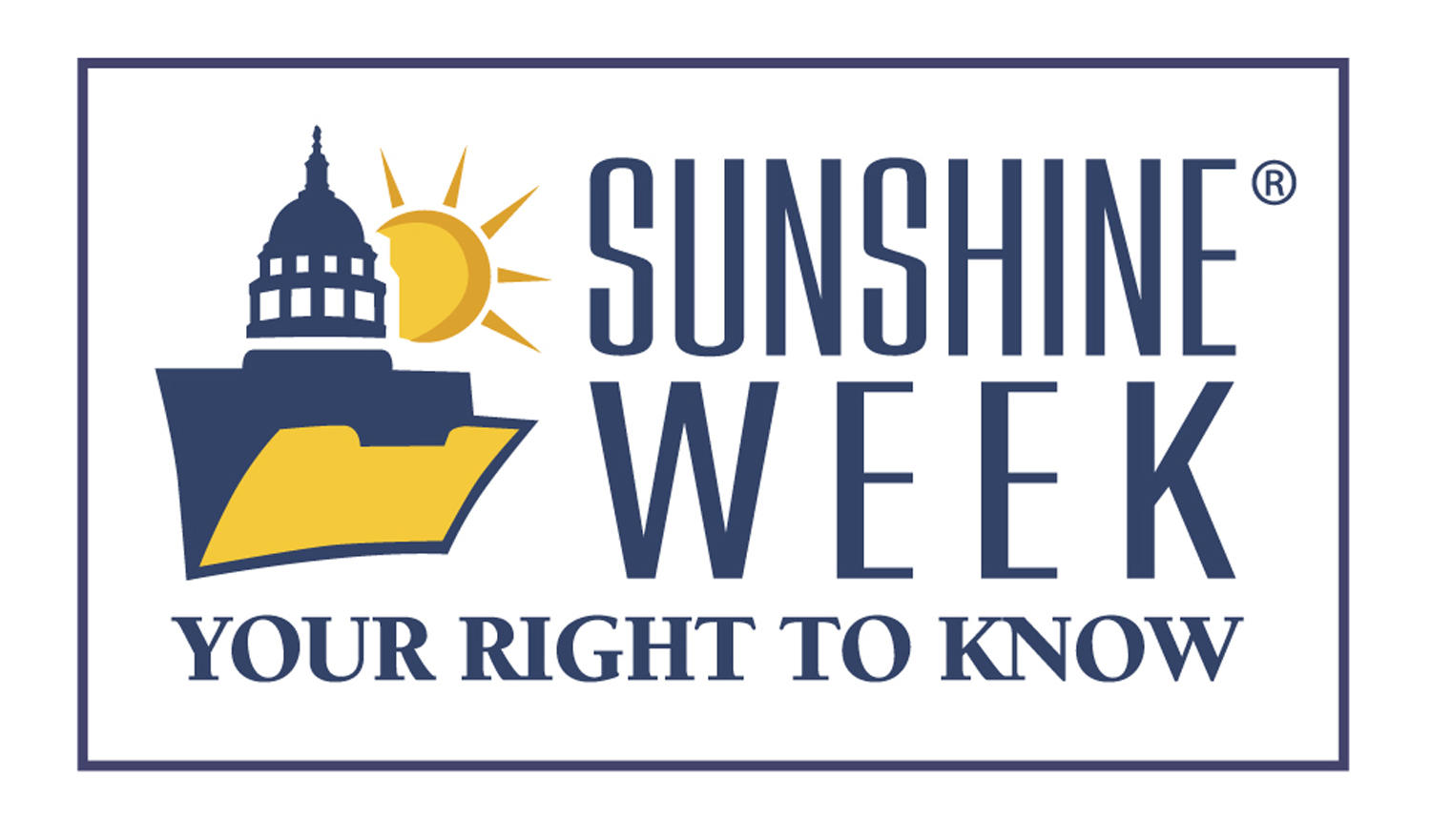It's Sunshine Week Again. How Are the Federal Courts Measuring Up?
 Today is the start of the annual week dedicated to improving sunshine in government, and here’s what we’re following in terms of judicial transparency, comprising equal parts hope and despair:
Today is the start of the annual week dedicated to improving sunshine in government, and here’s what we’re following in terms of judicial transparency, comprising equal parts hope and despair:
Tomorrow the Judicial Conference of the U.S. is holding its semiannual meeting. On the agenda will be a discussion on the proposed changes to the Code of Conduct for U.S. Judges and the Rules for Judicial-Conduct and Judicial-Disability Proceedings that followed the June 2018 Judiciary Working Group report and subsequent public comment period.
It’s unclear, though, if anyone outside of the judiciary has a sense of what stage the “final” rules are in, and we hope they adequately respond to the cracks in judicial conduct rules laid bare at the end of 2017.
If not, Congress should step in to hold the third branch accountable.
In other news, Justice Kagan noted on Thursday during testimony before a House subcommittee that Chief Justice Roberts has been working on a justices-specific ethics code. It’s possible that it will be unveiled this week. And recall that on Friday, the House passed H.R. 1, which marked the first time a SCOTUS ethics provision passed a chamber of Congress.
At that SCOTUS budget hearing last week, the justices spoke at length on transparency at the high court. Though they weren’t asked about live or same-day audio like we had hoped, they did answer several questions related to the “fixes” (timestamps from this link; FTC statement here), and there’s much to look forward to and/or follow up on:
On the benefits of permitting courtroom broadcasts:
Alito (24:01): “I recognize that most people think that our arguments should be televised. Most of the members of my family think that our arguments should be televised. I used to think they should be televised.”
Kagan (26:54): “[When solicitor general] I was constantly impressed by how the court went about its business – that it was thoughtful, and it was probing, and it was obvious that the justices really wanted to get things right. And it’s no small benefit if the American public were able to see that because faith in the institutions of governance is an incredibly important thing.”
On whether the justices should be required to post their annual financial disclosure reports online:
Alito (1:13:45): “We follow the procedure that is set out in the Ethics in Government Act [of 1978] and in the implementing regulations of the Judicial Conference on this matter, and we have not gone further, but that is certainly something we could consider if there is a real issue.”
On whether the justices should report their securities transactions within 45 days, like members of Congress and top executive branch officials do:
Kagan (1:15:04): “It would certainly be something that maybe we would take a look at as to whether there were some kinds of transactions that some of us might be participating in, that in other branches of government are being reported, and ours are not.”
On the state of SCOTUS security, concerns over which FTC has previously raised to the court and to the subcommittee:
Alito (13:36): “We are carefully and deliberately putting [certain FY19] funds to work by [conducting] a top to bottom review of our current practices by highly regarding and experienced security experts.”
That the two would be sanguine about online disclosures and the STOCK Act, plus make mention of the much-needed improvements to security and be willing to engage on cameras, shows a thawing of attitudes toward third branch transparency gaps.
At least one would hope.